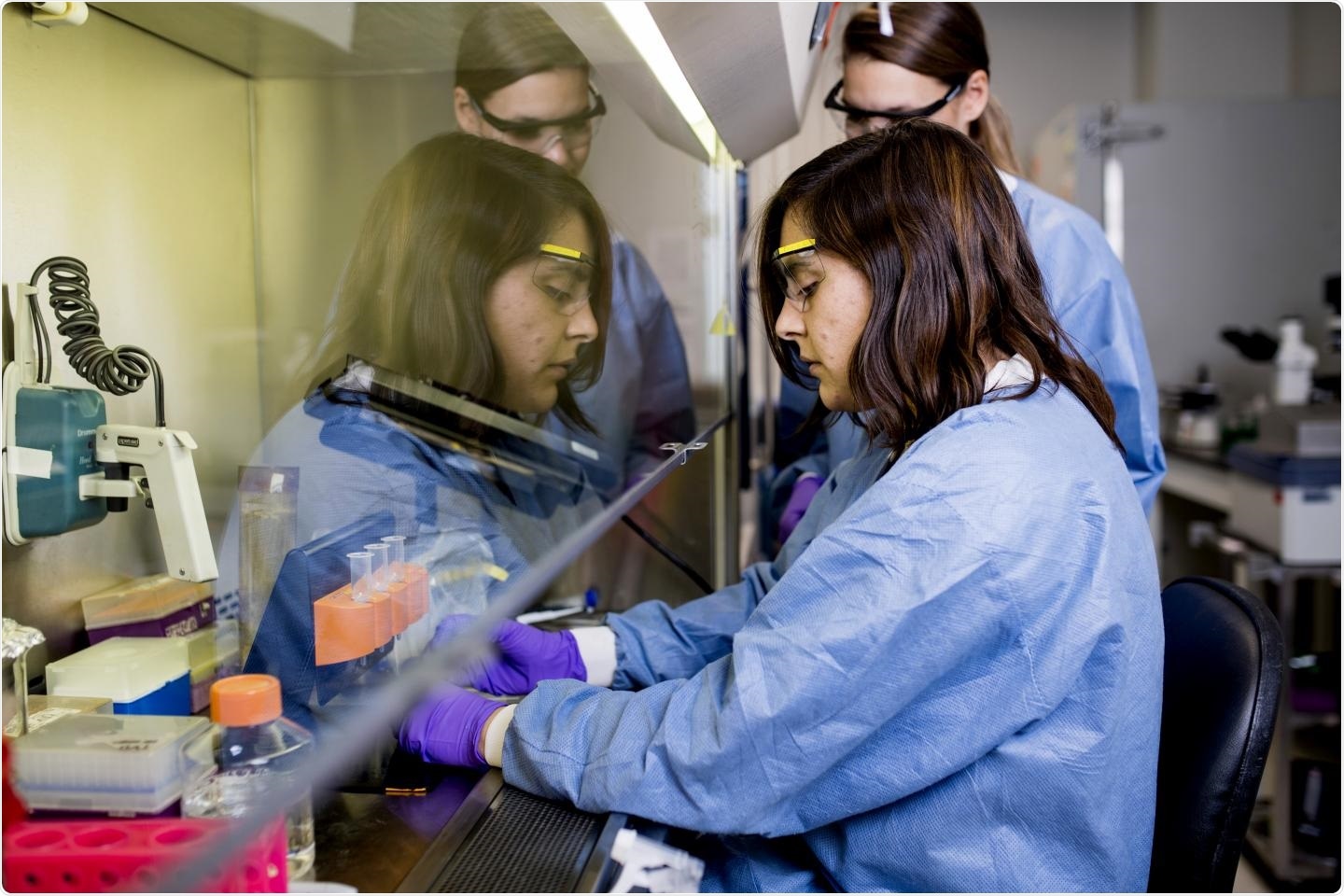Researchers still do not know much about diseases like periodontitis, rheumatoid arthritis, and osteoporosis, which are characterized by bone loss. What role does the immune response play in the process? What is the effect on the regulatory mechanisms that shield the bone?

Dr. Carla Alvarez, a postdoctoral researcher at Forsyth and lead author of the paper. Image Credit: Matthew Modoono/Forsyth Institute.
Published recently in the Scientific Reports journal, the study by researchers from the Forsyth Institute and the Universidad de Chile describes a mechanism that offers the solution to a part of the puzzle. The team analyzed periodontal disease in a mouse model and identified that a specific type of T cell called regulatory T cells start acting in unusual ways. These cells lose their potential to control bone loss and alternatively start boosting the inflammation.
That is important because, in many therapies analyzed in in-vivo models, researchers usually check if the number of regulatory T cells has increased. But they should check if these cells are indeed functioning.”
Dr Carla Alvarez, Study Lead Author and Postdoctoral Researcher, Forsyth Institute
Regulatory T cells regulate the immune response of the body. Bone loss in periodontal disease occurs due to the irregular immune response of the body to the microbial threat, which leads to inflammation and damage to healthy tissue. Generally, regulatory T cells help inhibit that damage, but in the case of periodontal disease, they seem to lose their inhibitive abilities.
To explain scientifically, this mechanism is analyzed in the area of osteoimmunology—which studies the complex interplay between bone metabolism and the immune system.
“This is an interesting mechanism highlighting how the bone loss is taking place in periodontal disease,” noted Dr. Alpdogan Kantarci, study co-author and Senior Member of Staff at Forsyth, along with Dr. Rolando Vernal, Professor at the School of Dentistry of Universidad de Chile.
In periodontal disease, a viable treatment that focuses on the regulatory T cells not only increases their numbers but could also recover the usual functions of the T cells.
Unfortunately, this is not a linear process—that’s the complicated part.”
Dr Alpdogan Kantarci, Senior Member of Staff, Forsyth Institute
The periodontal disease becomes more complex as it is triggered by microbes in the mouth.
The relationship between immune response and bone is not so straightforward. There are multiple components. You have to imagine a complex network of signaling and cells that participate.”
Dr Carla Alvarez, Study Lead Author and Postdoctoral Researcher, Forsyth Institute
This disease in humans is very challenging to study because of the cellular and microbial complexity. Despite that, analyzing this process in humans is the next course of the study, says Alvarez. The team is looking to perform a joint study to investigate healthy and diseased patients, with the aim of observing mechanisms analogous to what was observed in the animal model.
Source:
Journal reference:
Alvarez, C., et al. (2020) Regulatory T cell phenotype and anti-osteoclastogenic function in experimental periodontitis. Scientific Reports. doi.org/10.1038/s41598-020-76038-w.